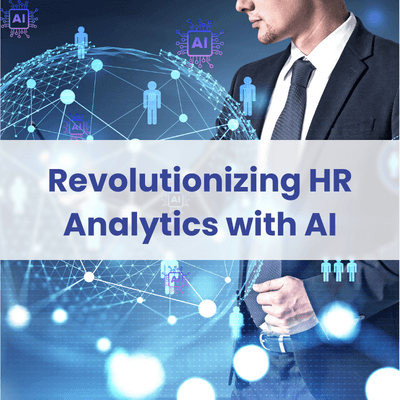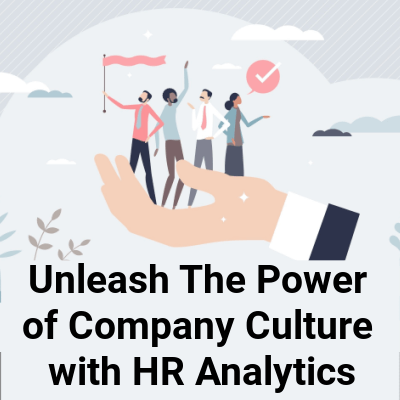More than ever before, companies are treating their data like a strategic resource, leveraging it to produce exciting new conclusions and ideas. This changing attitude towards data and its new value has permeated throughout the business world. But recognizing the value of data alone does not by itself guarantee a robust ROI.
Companies are generating data at an unprecedented rate. Current projections speculate that data production will be 44 times greater in 2020 than it was in 2009, and in the meantime many enterprises have taken the initiative to store all the information they can in a massive repository, creating a data lake.
Having a data lake is a huge step towards leveraging company data, but getting from creating a data lake to valuable business insights is no small task. Companies have hired data scientists to assist in this effort, but far too often they end up doing the wrong job, dealing with data maintenance and cleanup rather than analytical insights.
The solution? It starts with information governance.
Scrubbing data shouldn’t be a manual process, it should be one done by technology. And with the right information governance initiative, companies can enjoy all the perks of easily accessible and understandable data without all the usual headaches. Instead of dumping all organizational data into a repository and forgetting about it, information governance ensures that when companies go to their data lake with the purpose of performing useful analytics, they can do just that, unimpeded by poorly managed data.
Not only can governance ensure data is usable, but it can help identify which data is useful. By enforcing retention policies on ROT (redundant, obsolete, trivial) data, those data scientists can spend less time combing through mountains of information and more time finding the nuggets that lead to a real ROI.
I’m going to try to skip the corny line about how big data comes with big responsibility (couldn’t help myself) but the point is clear. Data is an extremely valuable resource, but only when it’s managed correctly.



